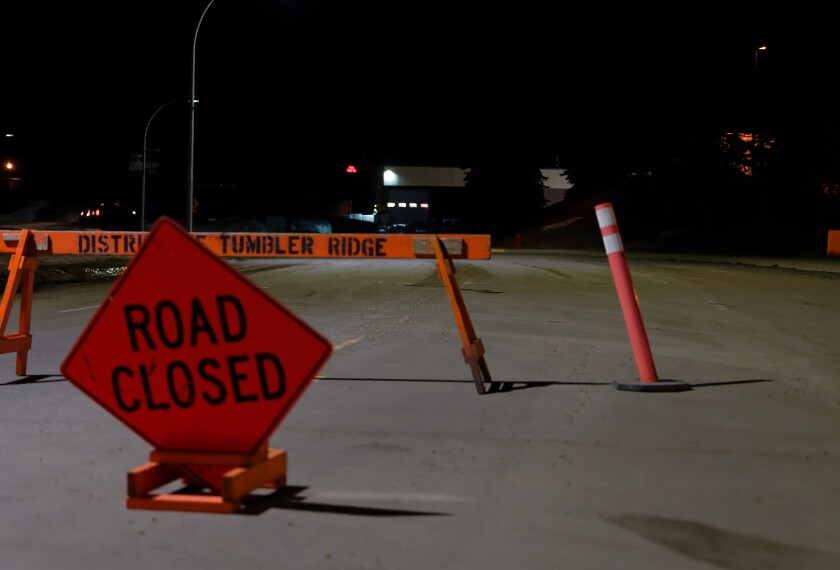At a time when the Trump administration is contemplating rolling back discipline guidance with protections for vulnerable groups, new federal civil rights data show students of color and those with disabilities face wider gaps in both school discipline and access to rigorous coursework.
The 2015-16 data released last week provides dozens of measures for 50.6 million students in 99 percent of public K-12 schools. It was last updated in 2013-14.
Among the most striking findings:
• Students with disabilities made up 12 percent of all K-12 public students in 2015-16, but 26 percent of those suspended out of school and 28 percent of those arrested at school or referred to law enforcement. They also were disproportionately likely to be bullied at school based on their disability, sex, or race—and to be disciplined for harassing others.
• Black students made up 15 percent of K-12 students, but 27 percent of those restrained at school and 31 percent of school-based arrests and referrals to law enforcement. Black boys, in particular, made up 8 percent of all students but 25 percent of out-of-school suspensions and 23 percent of expulsions.
• Schools with high concentrations of black and Latino students were less likely to offer any core high school science and math course besides Algebra 1—Algebra 2, geometry, biology, chemistry, and physics—than the average school.
• More than 1 in 4 students took Algebra 1 in middle school, and only 6 percent took the course, considered to be a foundational “gatekeeper” for advanced math, in late high school. But while white students made up 49 percent and Asian students 5 percent of students at schools that offered 8th grade algebra, together they represented 66 percent of all students taking the course in that grade. By contrast, black, Latino, and Native American students were all disproportionately likely to take Algebra 1 in 11th or 12th grades, making it difficult to take advanced math courses before graduation.
“Is it because they’ve correctly assessed students’ ability and put them in the appropriate course? Or is it because there’s some amount of discrimination going on?” asked Joshua Goodman, an associate professor of public policy at Harvard University’s Kennedy School. “I take this as a sign that there is a major challenge, though it doesn’t help pinpoint the root causes of the challenge.”
An initial analysis of the data by the Education Week Research Center also finds nearly 8 million students were reported “chronically absent” from school in 2015-16, meaning they missed 15 days of school or more. That represents 16 percent of all K-12 public school students, up from fewer than 7 million students who missed that much school in 2013-14, when the data was first measured at the federal level.
While a series of fatal school shootings this year has sparked protests and debates about gun violence and school safety, the first federal education data on “serious crimes” suggest shooting incidents remain rare on school grounds. Fewer than 240 schools—or one-fifth of 1 percent of more than 96,300 schools—reported at least one school-related shooting.
The majority of public schools—55 percent—reported no serious incidents in 2015-16, according to an Education Week Research Center analysis. Among serious crimes on campus, more than a million involved fights, robberies, or threats with no weapon at all. By contrast, a little more than 34,000 included a weapon, and less than a third of those involved guns or explosives. Serious errors have been found in data in some categories, including sexual assaults and rapes.
As in prior years, sex-based bullying accounted for the largest portion, 41 percent, of the 135,600 reported incidents of harassment in K-12, and girls made up a disproportionate number of those targeted, at 63 percent. That includes both bullying with a sexual component, such as groping or sexual threats, and bullying based on a student’s sex.
But for the first time, in 2015-16 the civil rights office also separated out harassment based on a student’s real or perceived sexual orientation; these accounted for 16 percent of all reported bullying incidents.
Higher Profile
Both the profile and the stakes for the civil rights data have never been higher.
Under the federal K-12 education law, the Every Student Succeeds Act, every state and district must report on a variety of civil rights indicators as part of its annual report card, and 36 states have opted to use school absenteeism as an additional indicator of school quality under ESSA.
When Donald Trump was elected president, there were widespread fears that his administration would scrap the civil rights data collection, which has been in place since 1968. But DeVos has no plans to do so; in a statement last week, she praised the data collection and said, “Protecting all students’ civil rights is at the core of the Department’s mission.”
Yet DeVos has spoken less about the data than President Obama’s two education secretaries—Arne Duncan and John B. King Jr.—who often referred to it to make the case for their policies. In 2014, the Obama administration cited higher-than-average suspension and expulsion rates for students of color to support guidance that sought to shrink discipline disparities. The Trump administration is now deciding whether to ditch, revise, or keep that guidance.
Vanita Gupta, the president and CEO of The Leadership Conference on Civil and Human Rights, called the data “deeply disturbing” and said it helped make the case for keeping the Obama-era guidance.
In contrast, Max Eden, a senior fellow at the right-leaning Manhattan Institute, who is skeptical of the Obama administration’s discipline guidance, said suspension numbers have gone down, possibly in response to pressure on school leaders to curtail—as law enforcement referrals have gone up.
“That doesn’t sound like a good trade-off to me,” Eden said. “That might broadly reflect that principals and teachers have less authority to maintain discipline in their classrooms.”
Staff writers Corey Mitchell and Stephen Sawchuk and Research Analyst Alex Harwin contributed to this article.






